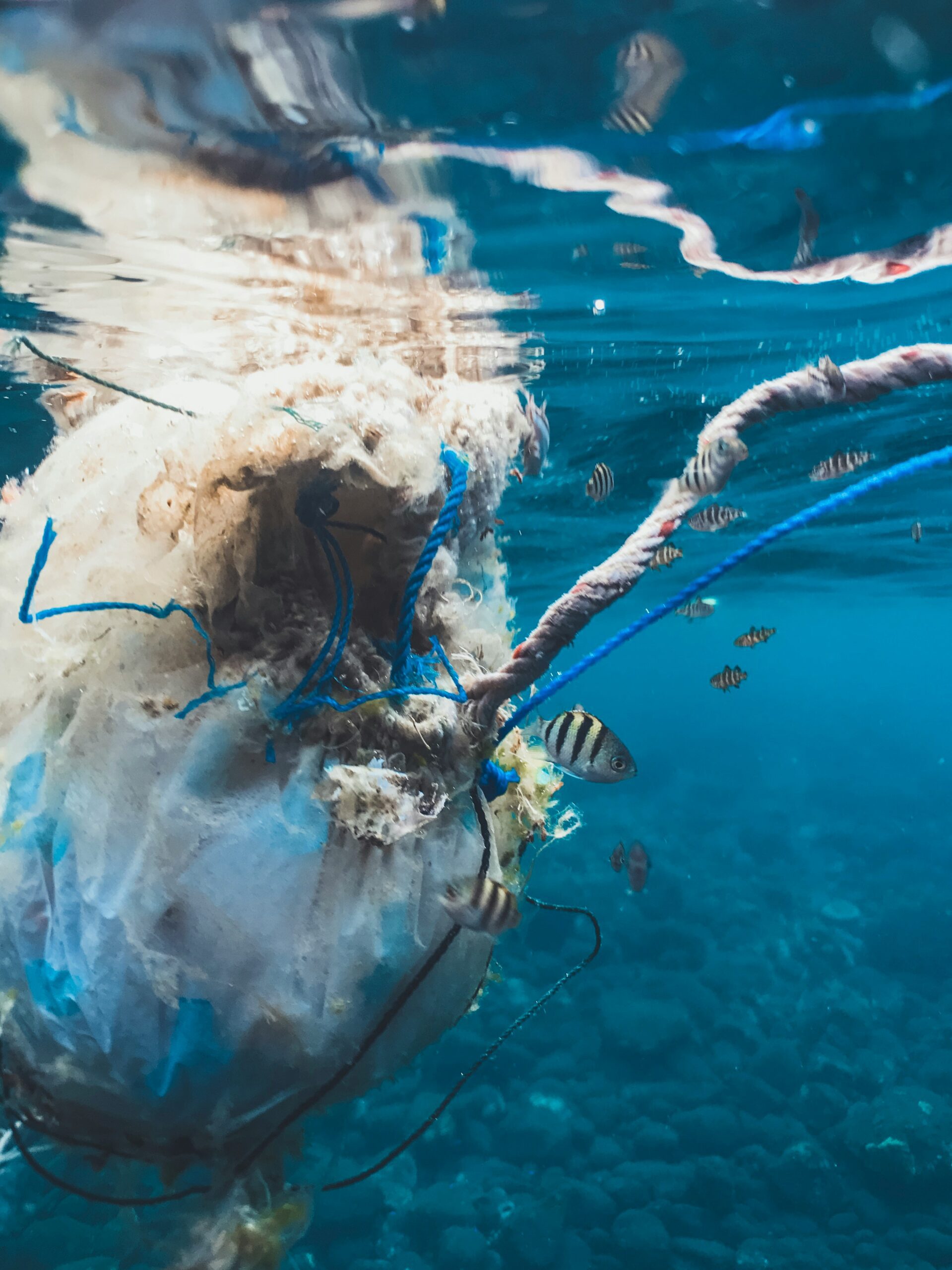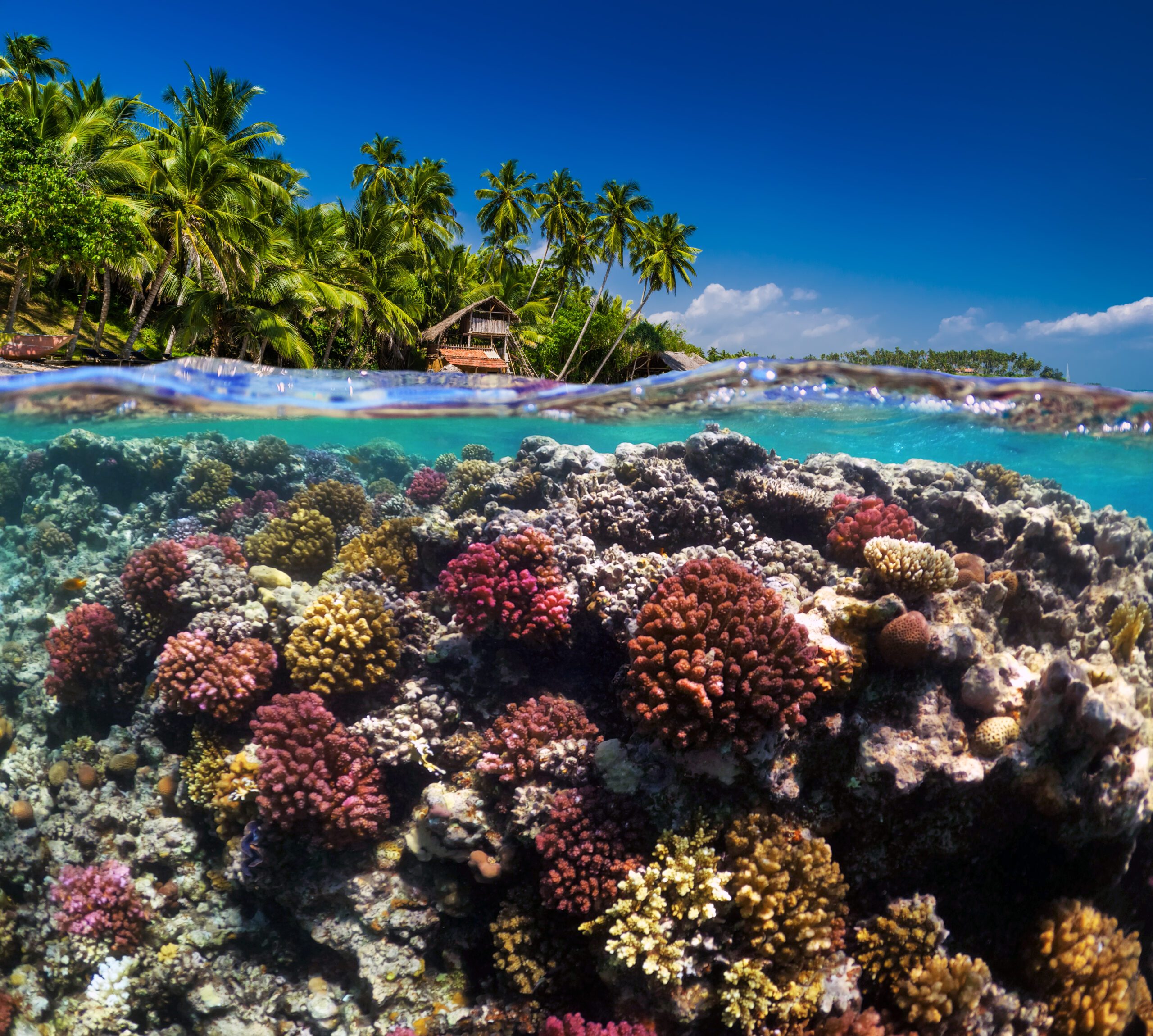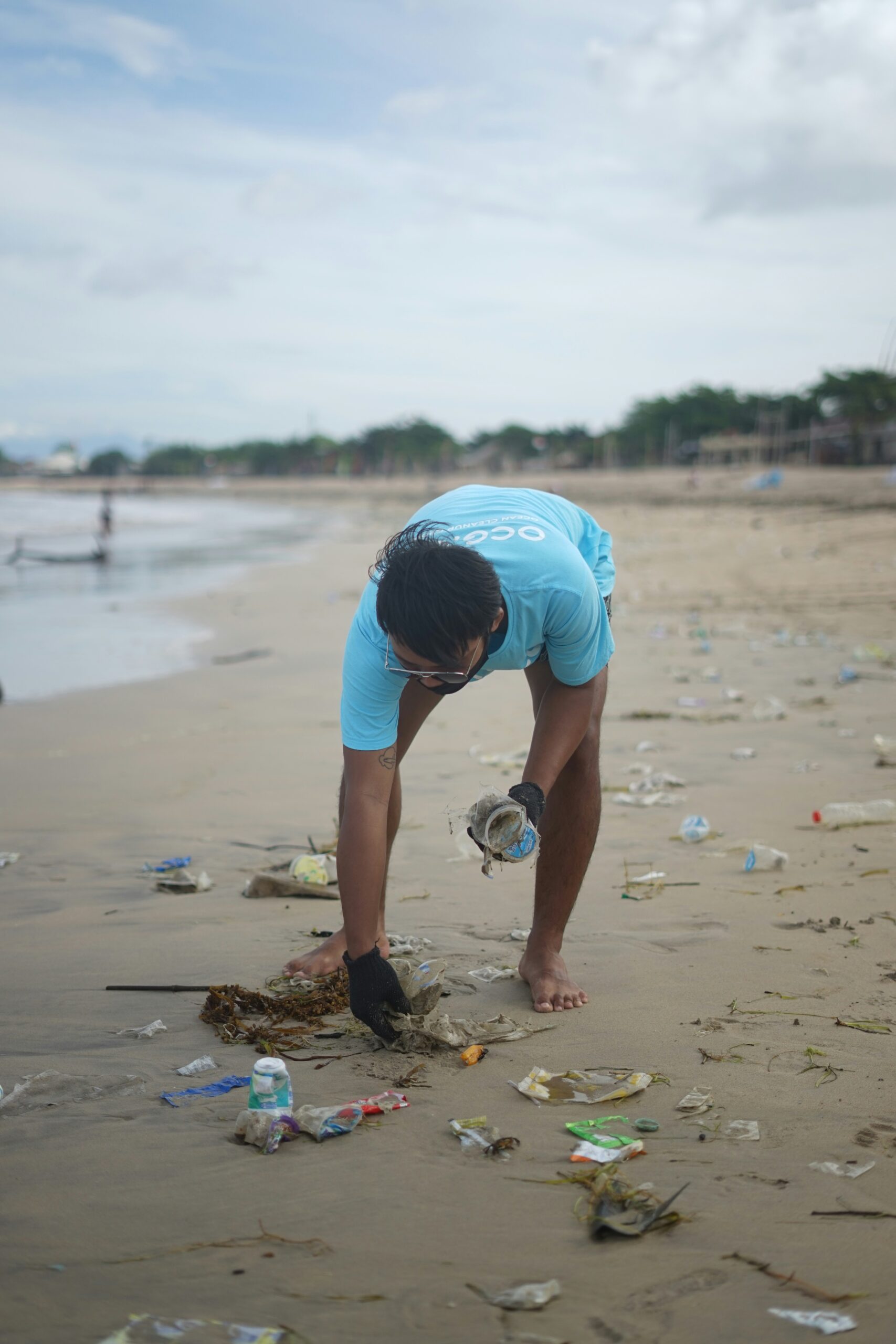Coral reefs, often referred to as the “rainforests of the sea,” are vital to the health of our oceans and the planet. These vibrant ecosystems are not only a sanctuary for a quarter of all marine species but also provide crucial benefits to humans, from supporting fisheries and protecting coastlines to contributing to medical research. Yet, these underwater kaleidoscopes are under siege, facing threats that range from climate change to overfishing, with plastic pollution posing a particularly insidious danger.
The Toxic Relationship Between Plastic and Coral Reefs
At first glance, the connection between plastic waste and coral reefs might not seem direct. However, the relationship is alarmingly straightforward and detrimental. When plastic makes its way into the ocean, it doesn’t just float adrift; it suffocates, entangles, and poisons coral systems. But how? In 2021, EPA researchers released their findings on just how much impact plastic and microplastic could have on these fragile and delicate ocean landscapes.

Suffocation and Physical Damage
Plastic debris floating on the surface and in the water can smother coral reefs, blocking the sunlight needed for photosynthesis. This not only hampers coral growth but can also lead to anoxic conditions, suffocating the reef. Furthermore, as plastics break down into smaller pieces, they create sharp edges that can cause physical damage to corals, making them 20x more susceptible to disease.
A Dangerous Diet
One of the more deceptive impacts of plastic pollution on coral reefs involves the consumption of microplastics by the corals themselves. These tiny plastic fragments, often smaller than five millimeters in size, are mistaken for food by coral polyps. When corals ingest microplastics, these indigestible particles can lead them to feel falsely sated or ‘full.’ This false sense of satiation can have devastating effects on coral health and growth.
Instead of consuming nutritious plankton and other organic materials that foster growth and vitality, corals fill up on plastic. Over time, this leads to stunted growth rates, weakened coral structures, and reduced reproductive capability. The long-term impact of such dietary deception threatens not only the survival of individual corals but also the future of entire reef ecosystems.
Chemical Contamination
As plastics degrade, they release harmful chemicals, including bisphenol A (BPA) and phthalates, which can disrupt the hormonal processes of marine life. For corals, this chemical onslaught can impair reproductive and growth rates, leading to bleached and dead reefs. Even worse, these chemicals can accumulate in the tissues of fish and other marine creatures that rely on coral reefs for food, potentially causing harm to humans who consume them.
The Ripple Effect: Consequences of Coral Reef Decline
When coral reefs die, the repercussions reverberate far beyond their colorful confines, impacting the entire marine ecosystem and human communities dependent on them. These underwater ecosystems act as crucial pillars for marine life, providing food, shelter, and breeding grounds for a myriad of species. The loss of coral reefs translates to a loss of biodiversity, leading to a weaker and more vulnerable oceanic ecosystem. Fish populations, many of which are vital to the global fishing industry, decline as their habitats disappear, affecting millions of people who rely on fishing for their livelihoods and dietary needs.
Furthermore, coral reefs play a significant role in protecting coastlines from the erosive forces of waves and storms. Without these natural barriers, coastal areas become more susceptible to damage, posing increased risks to human settlements and economies. The disappearance of coral reefs also means the loss of a valuable resource for medical research, as many corals and marine species found in reef ecosystems are used in the development of new medicines.
Coral reefs are unparalleled in beauty and diversity, attracting tourists from around the globe and supporting local economies. Their decline not only endangers the marine environment but also diminishes the aesthetic and recreational values that enrich human life. In essence, the death of coral reefs signifies the unraveling of one of the planet’s most vibrant life-support systems, underscoring the urgent need for action to preserve these vital ecosystems for future generations.

Can Coral Reefs Rebound?
The question of whether coral reefs can recover from the damage inflicted by plastic pollution—and other stressors—is complex, yet not without hope. Scientists have observed that coral reefs possess a remarkable resilience, with the ability to regenerate and rebound under the right conditions. This resilience, however, hinges on significantly reducing the stressors that contribute to their decline in the first place.
One of the most actionable ways to aid in coral reef recovery is to prevent plastic from reaching the oceans altogether. This involves a multifaceted approach that includes reducing plastic use, improving waste management systems, and fostering global initiatives aimed at cleaning up the oceans. By cutting down the amount of plastic waste that enters marine environments, we reduce the physical, chemical, and biological stress that plastics impose on coral ecosystems.
Community-led beach clean-ups, stringent waste management policies, and innovations in plastic alternative materials can all play pivotal roles in this endeavor. Furthermore, educating the public about the direct impact of plastic pollution on coral reefs and the broader marine ecosystem can help spur collective action towards plastic reduction. Protecting coral reefs from the onslaught of plastic is a critical step in ensuring their survival, offering a beacon of hope for these beleaguered bastions of biodiversity.
What We Can Do
The plastic pollution problem may seem overwhelming, but there are steps we can take to help protect our precious coral reefs. Here are a few ideas:

- Reduce your use of single-use plastics, such as straws and plastic bags.
- Properly dispose of all plastic waste, making sure it doesn’t end up in our oceans.
- Support organizations and initiatives that work towards reducing plastic pollution in our oceans.
- Participate in beach cleanups to prevent plastic from making its way into the ocean.
- Educate others about the impact of plastic pollution on coral reefs and encourage them to take action.
By making small changes in our daily lives, we can collectively make a big difference in protecting coral reefs from the harmful effects of plastic pollution. It’s important for each one of us to do our part in reducing plastic waste and promoting a more sustainable future for our oceans.
Bottleless Nation: A United Front for Coral Conservation
The preservation of coral reefs is a testament to the power of our collective efforts to become #OneBottlelessNation. By understanding the impact of plastic on marine treasures and taking decisive action to combat it, we can safeguard the biodiversity of our oceans and ensure that coral reefs continue to thrive for generations to come.
You don’t need to live on the coastlines or be an avid coral reef diver to know your choices and impact make a difference. Every day, you can make better choices that help protect our planet’s most vulnerable, including coral reefs. Join Bottleless Nation as we continue our efforts to eliminate plastic pollution, one bottle at a time.

